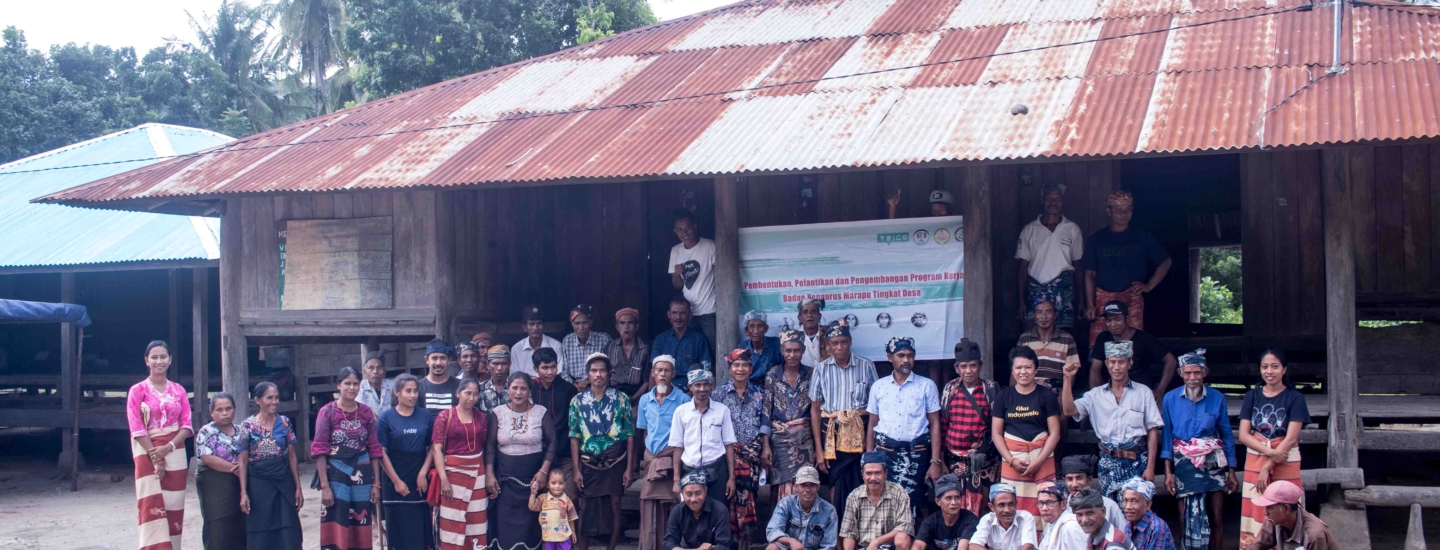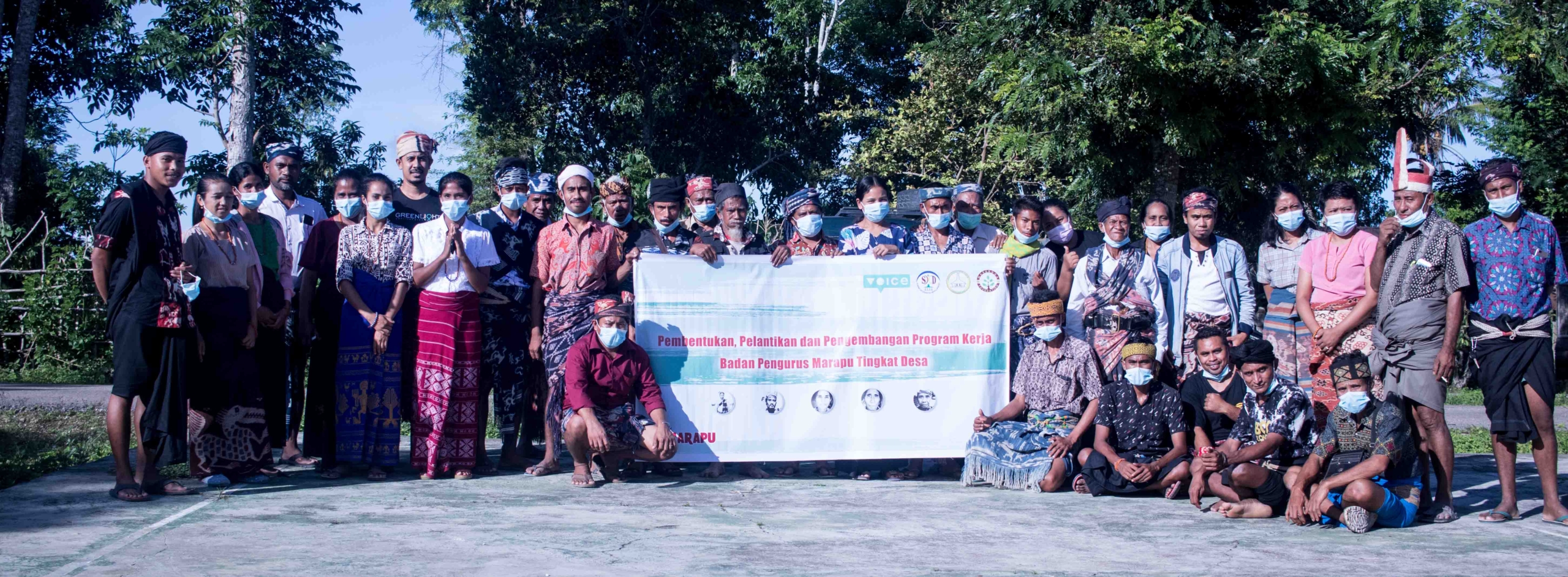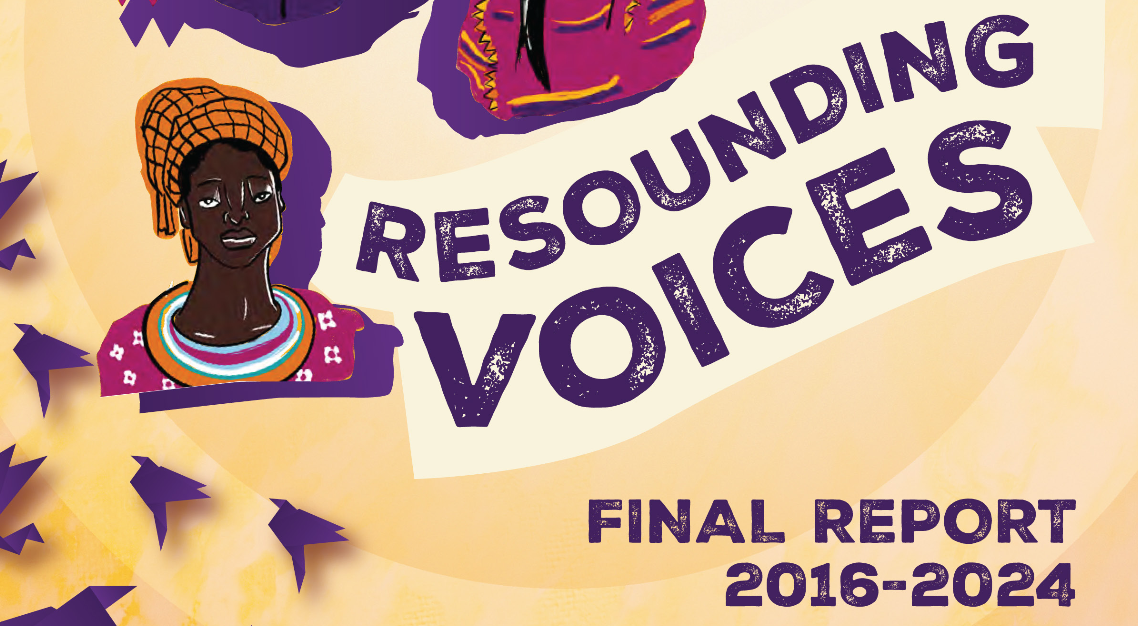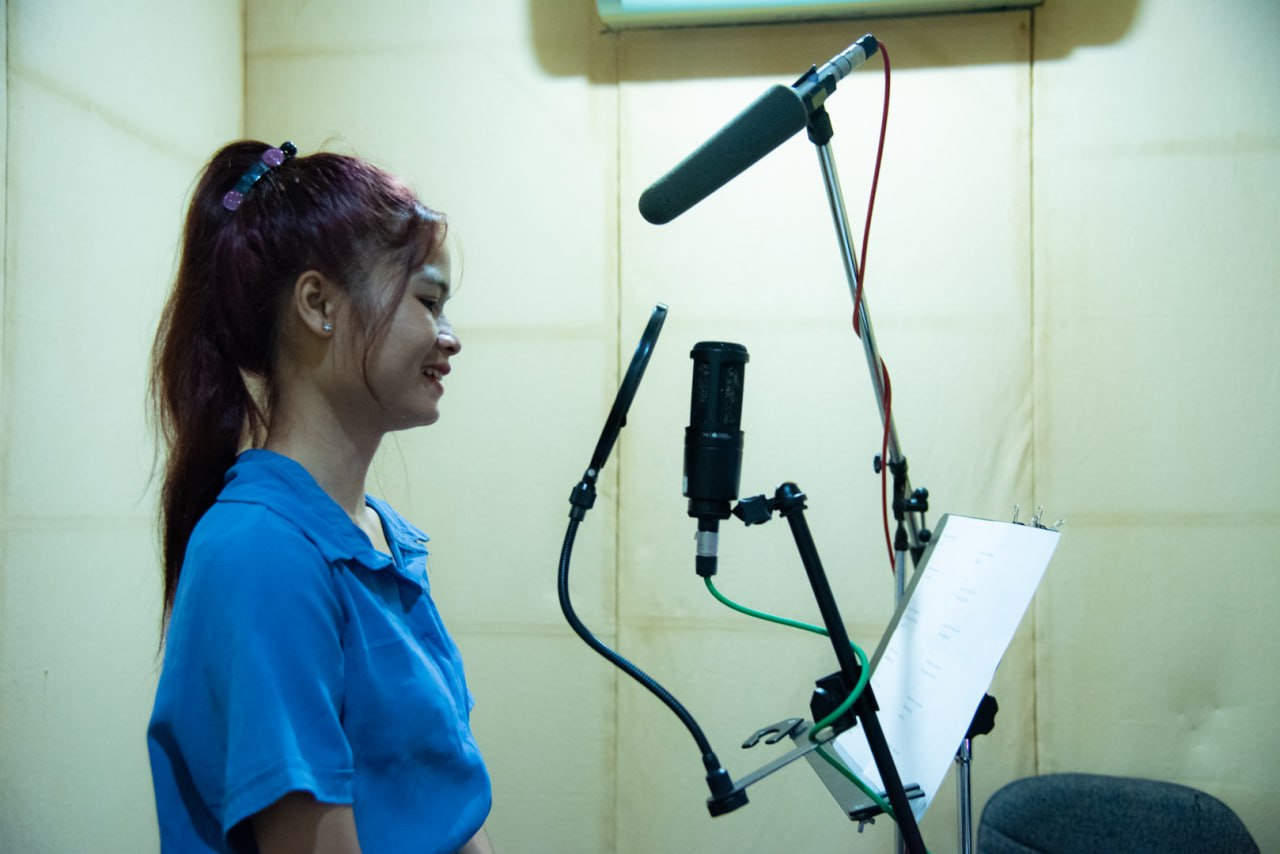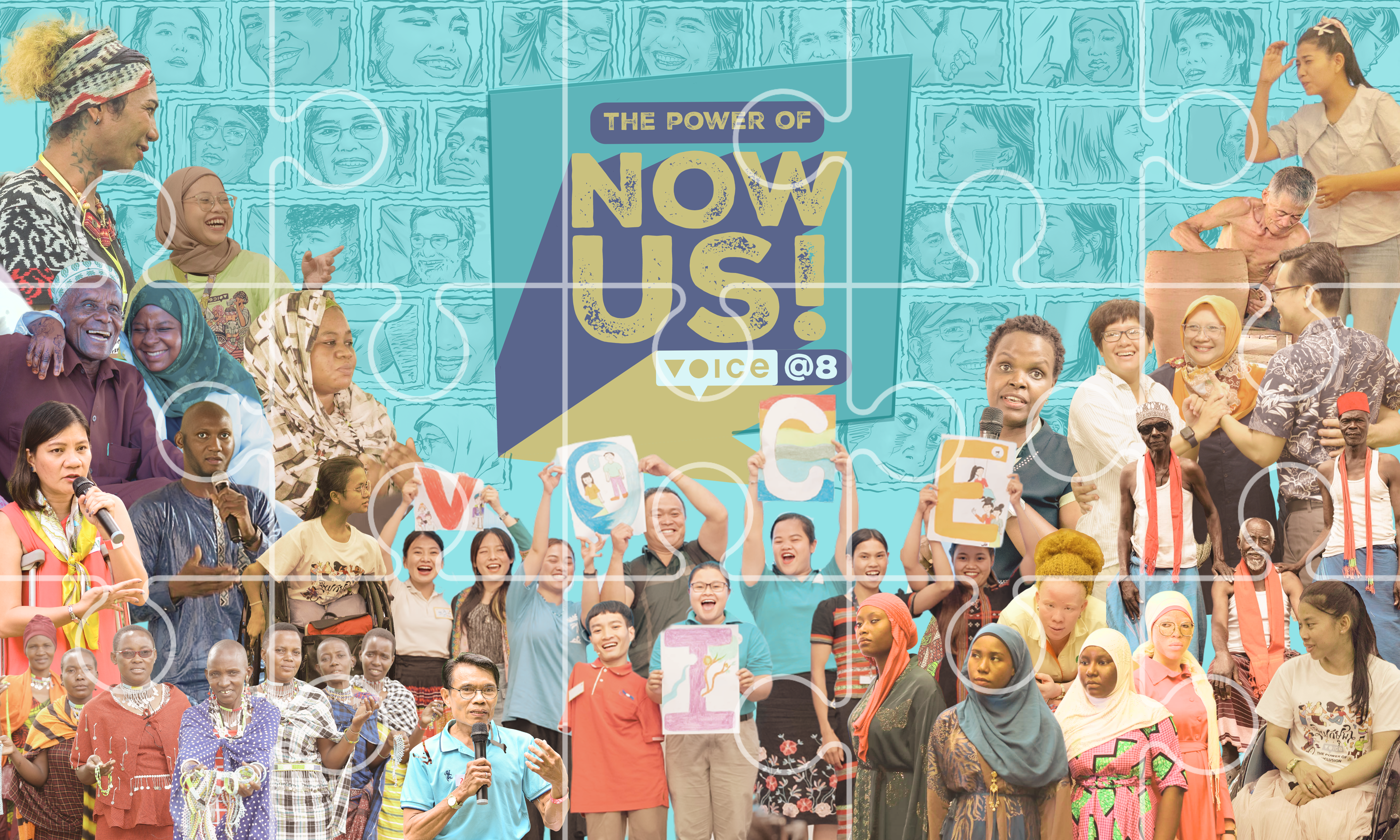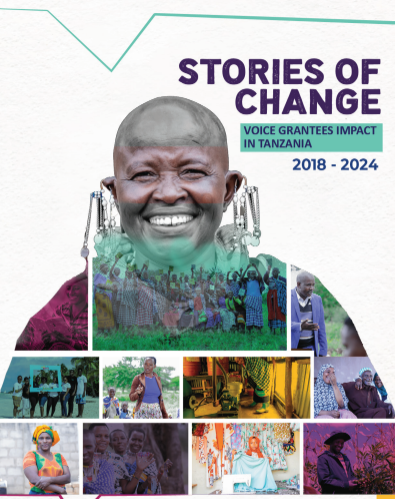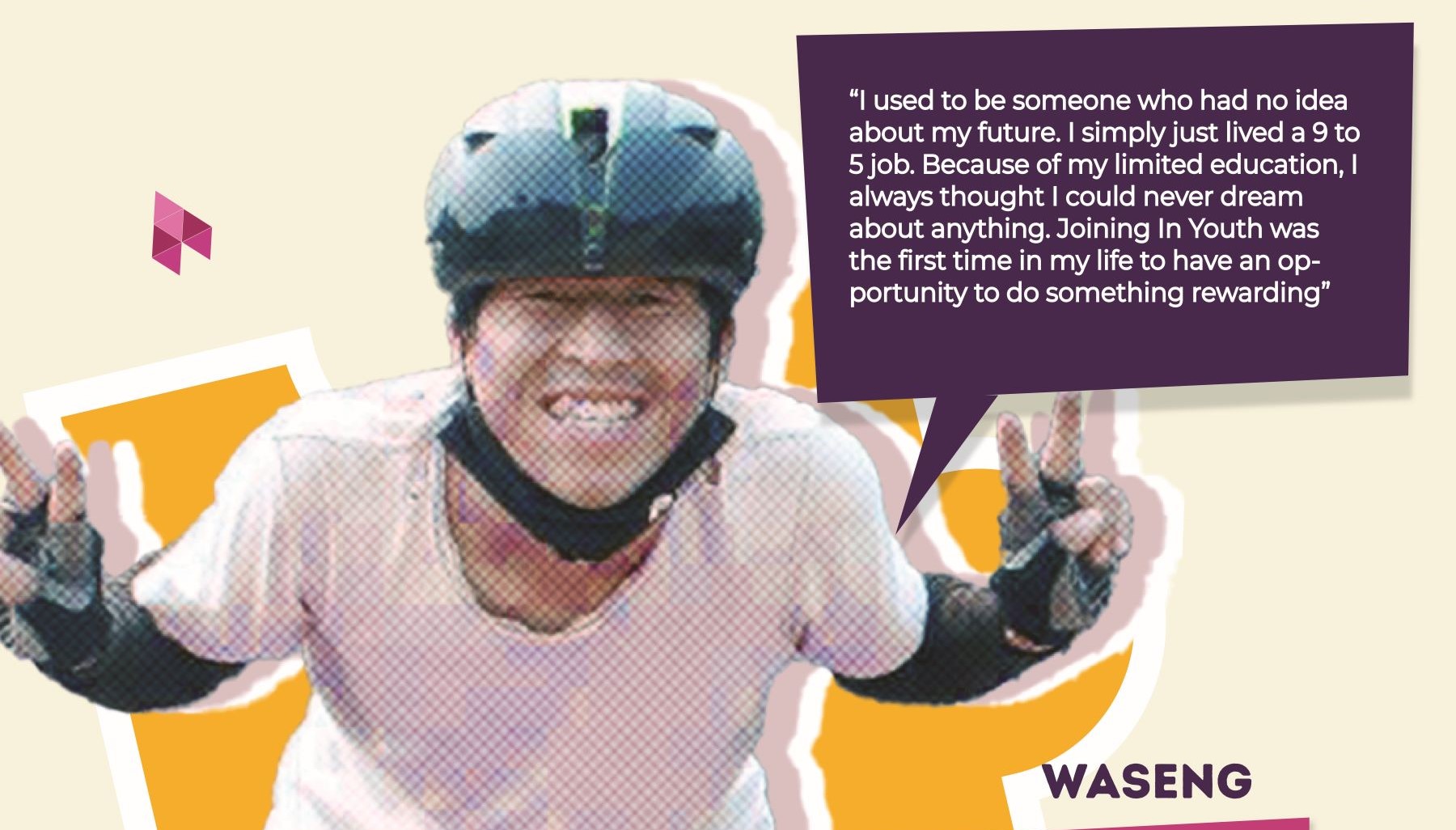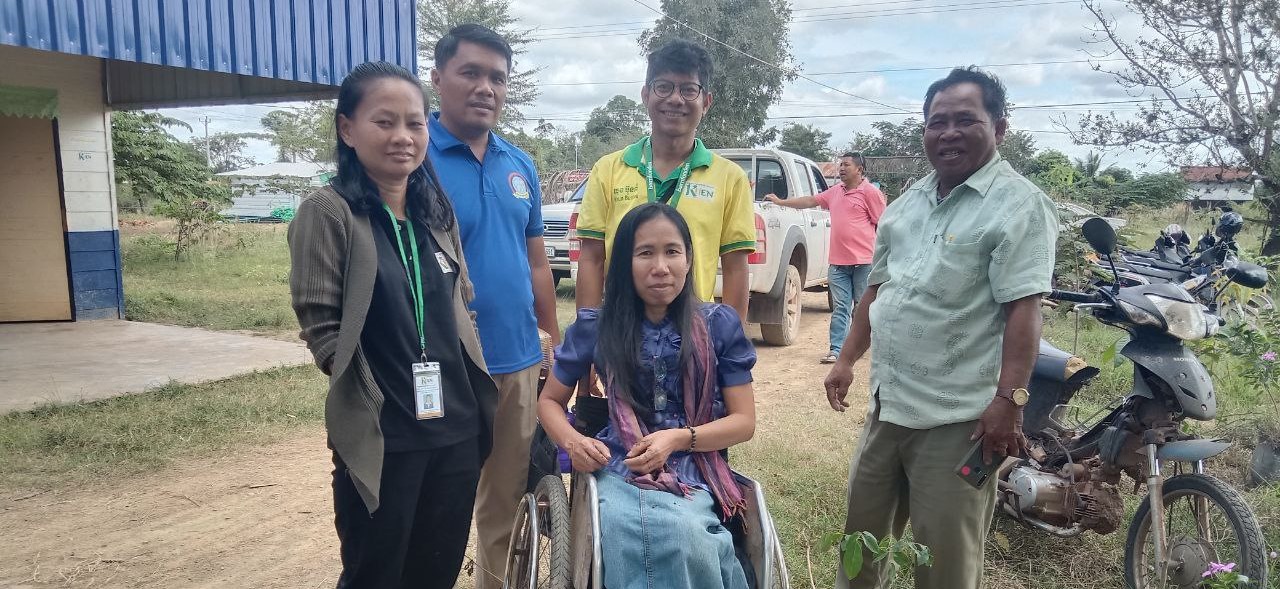Integrating the arts of Indigenous religion adherents into global development for education: A case study from Indonesia
Drawing on the growing body of evidence demonstrating the key role the arts play in health and well-being, advancing social equalities and connecting communities, this chapter considers how the arts are contributing to education and knowledge transmission for the adherents of the Marapu Indigenous religion of East Sumba, Indonesia. The local Non-Goverment Organisation-led project ‘Revitalising Marapu Cultural Assets‘ (2019-2021) empowered Marapu adherents to revitalise their traditional performing arts and oral traditions. The success of this project led into a larger program, Lii Marapu, which aims to increase access (especially of young people and women) to social services and inclusive education by fostering political participation.
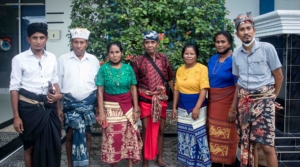
This chapter explores the implications of this case study for arts-based approaches to the education and knowledge transmission sector of global development. It considers how programs such as these could more deeply integrate the arts within education-based global development initiatives, especially those seeking to improve the life circumstances of minoritised groups, including adherents of Indigenous religions.

